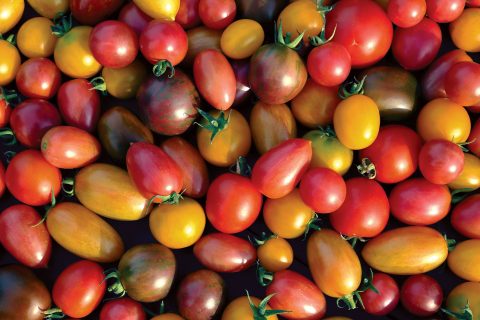Processor/Handlers
Most operations who plan to sell, process, package, and/or label organic products must obtain organic certification under the processor / handler scope. In order to obtain certification as a processor / handler of organic products, PCO must verify your organic products are produced and handled according to the National Organic Program standards.
Processing facilities may be eligible for certification at any time as long as the operation is able to comply with all organic regulations (regardless of when non-organic products were last handled or processed). In cases where facilities process both organic and non-organic products, PCO will verify there are adequate practices in place to prevent contamination and/or commingling of organic products. Thorough records of ingredients, production, sales, equipment cleaning and pest management are often an essential part of any certified processing or handling operation.
Additional Resources
This Guide for Organic Processors provides an overview of requirements for organic processors and handlers.
The USDA provide an overview of the rules and regulations on Organic Labeling.
The USDA Organic Integrity Database can be used to search for a specific certified organic farm or business, or search for an operation with specific characteristics. If you plan to source organic products or ingredients from specific suppliers, this website can be used to verify the current organic certification status of each supplier.
Ready to Apply?
For more applications or information about becoming a certified processor or handler, complete the PCO Application Form.
Guidance Documents
PCO has numerous guidance documents available on a variety of topics for processor/handlers. You can find them on our website through the link below.
Guidance Documents
